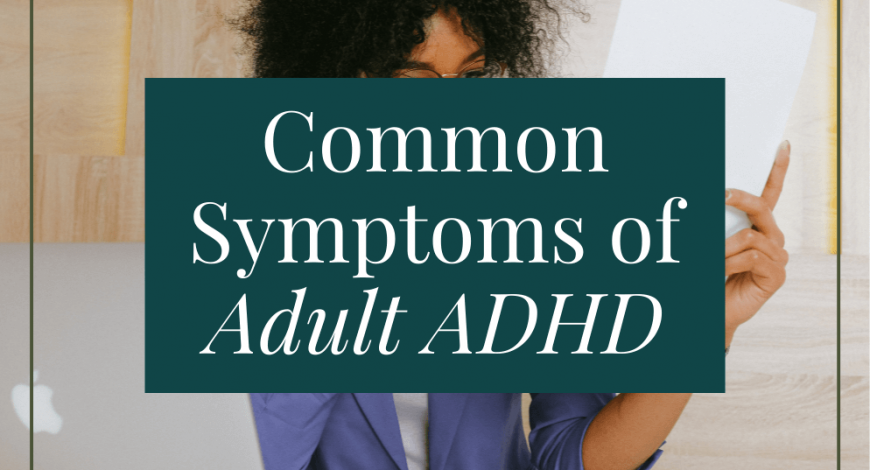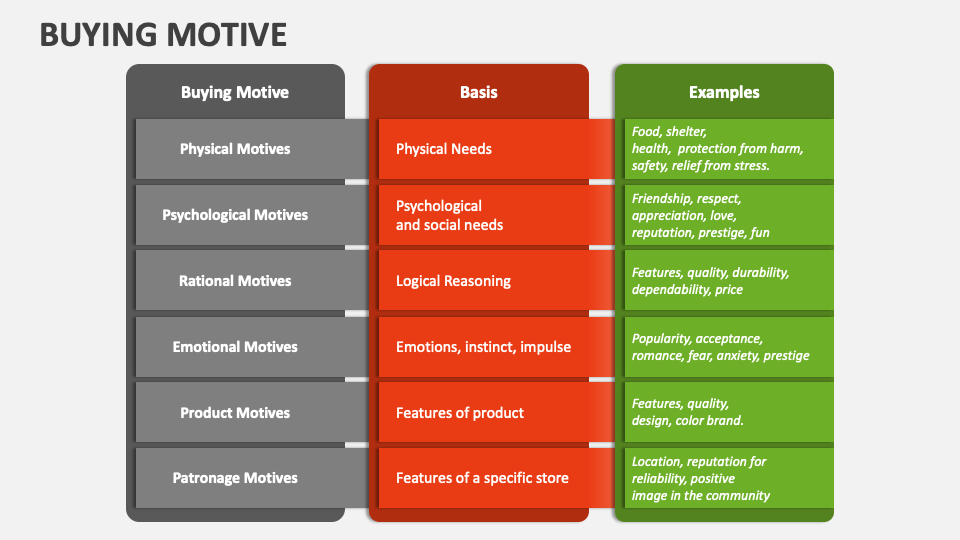ADHD On The Rise At AIIMS OPD: Investigating Contributing Factors

Table of Contents
Increased Awareness and Diagnostic Capabilities
The rising number of ADHD diagnoses at AIIMS isn't solely due to a genuine increase in prevalence; improved diagnostic tools and a lessening of stigma play a significant role.
Improved Diagnostic Tools and Training:
- Enhanced Screening Tools: The development of more sophisticated screening tools and assessment methods allows for earlier and more accurate identification of ADHD. These tools go beyond simple behavioral observations, incorporating neuropsychological testing and comprehensive evaluations.
- Increased Specialist Availability: AIIMS has invested in training more specialists in child and adult psychiatry, leading to increased access to professionals qualified to diagnose and manage ADHD. This improved access means more individuals are likely to receive a proper diagnosis.
- Impact of Awareness Campaigns: Public awareness campaigns, both nationally and within AIIMS, have helped to educate the public about ADHD symptoms, its impact, and the availability of effective treatments. This increased awareness has encouraged more individuals to seek professional help.
Reduced Stigma and Increased Help-Seeking:
- Changing Societal Attitudes: A gradual shift in societal perceptions of mental health, including ADHD, has reduced the stigma associated with seeking help. This makes individuals more comfortable acknowledging their difficulties and actively seeking professional support.
- Positive Media Representation: More accurate and sensitive portrayals of ADHD in media have fostered greater understanding and empathy, encouraging individuals to seek help without fear of judgment.
- Increased Accessibility of Mental Healthcare Services: AIIMS, and other institutions, are actively working to increase accessibility to mental healthcare services, making it easier for individuals to get the help they need.
Environmental Factors and Lifestyle Changes
Beyond improved diagnostic capabilities, several environmental and lifestyle factors may contribute to the apparent rise in ADHD cases at AIIMS.
Impact of Technology and Screen Time:
- Studies Showing Correlation: Numerous studies suggest a correlation between excessive screen time and attentional difficulties. While not definitively proving causation, the increased exposure to technology and its potential impact on attention spans is a concern.
- Impact on Attention Spans: The constant stimulation provided by screens can potentially affect the development of sustained attention and impulse control, factors crucial for managing ADHD symptoms.
- Potential for Addictive Behaviors: Excessive screen time can also contribute to addictive behaviors, further impacting an individual's ability to focus and regulate their behavior.
Changes in Parenting Styles and Educational Pressures:
- Different Parenting Styles and their Potential Effects: The shift toward more permissive parenting styles, while well-intentioned, may inadvertently contribute to difficulties in self-regulation in some children. Conversely, overly authoritarian styles can also negatively affect development.
- Increased Academic Competition: The highly competitive academic environment, coupled with increased pressure to perform, can exacerbate existing attentional difficulties or even trigger symptoms in vulnerable individuals.
- Effects of Early Childhood Stress: Early childhood stress and trauma can significantly impact brain development and increase susceptibility to developing ADHD and other mental health conditions.
Nutritional Deficiencies and Environmental Toxins:
- Research on Specific Nutrients: Some research suggests a link between certain nutritional deficiencies and ADHD symptoms. Further research is needed to establish conclusive evidence.
- Potential Impact of Pollutants: Exposure to environmental toxins, such as heavy metals, has also been hypothesized as a potential contributing factor to ADHD, although this area requires more investigation.
- Need for Further Research: The role of both nutritional deficiencies and environmental toxins in ADHD requires extensive further research to solidify any definitive conclusions.
Genetic Predisposition and Heritability
Genetic factors significantly contribute to the likelihood of developing ADHD.
Family History and Genetic Factors:
- Heritability Studies: Studies demonstrate a strong heritable component to ADHD, suggesting a significant genetic influence.
- Identification of Specific Genes: While pinpointing specific genes responsible for ADHD is complex, ongoing research is identifying genetic markers associated with the disorder.
- Impact of Family History: A family history of ADHD significantly increases the risk of a child inheriting the condition.
Further Research and Genetic Screening:
- Ongoing Research Efforts: Researchers at AIIMS and globally are actively investigating the genetic basis of ADHD, aiming to identify more specific genes and understand their interaction with environmental factors.
- Ethical Considerations: The potential for genetic screening for ADHD presents ethical considerations regarding privacy, potential for discrimination, and the interpretation of genetic information.
- Potential for Personalized Interventions: A better understanding of the genetic basis of ADHD may pave the way for the development of more personalized interventions and treatments.
Data Collection and Research at AIIMS
AIIMS plays a critical role in understanding and addressing the rising prevalence of ADHD in India.
AIIMS's Role in Understanding ADHD Prevalence:
- Research Initiatives: AIIMS conducts numerous research initiatives focusing on ADHD prevalence, diagnosis, and treatment in India.
- Data Collection Methods: The institute employs various data collection methods, including epidemiological studies, clinical trials, and surveys to understand the characteristics and trends of ADHD in the Indian population.
- Collaborations with Other Institutions: AIIMS actively collaborates with other national and international institutions to further research in this area.
Future Research Directions at AIIMS:
- Longitudinal Studies: Longitudinal studies following individuals over extended periods are crucial for understanding the long-term impact of ADHD and the effectiveness of interventions.
- Exploration of Specific Risk Factors: Further research focusing on specific risk factors, such as the interaction between genetics and environment, is needed to develop targeted prevention strategies.
- Development of Targeted Interventions: Research should aim to develop more tailored interventions based on individual characteristics and risk factors to improve treatment outcomes.
Conclusion
The rise in ADHD cases at AIIMS OPD reflects a complex interplay of factors. Improved diagnostic capabilities and reduced stigma play a role, but environmental factors, including technology use, societal pressures, and potential nutritional or environmental exposures, also contribute. A significant genetic component underscores the importance of ongoing research. AIIMS's dedication to research and data collection is crucial for understanding and addressing this growing concern. If you suspect you or your child may have ADHD, seeking professional help from qualified healthcare providers is essential. Explore resources available at AIIMS and other relevant organizations for further information on ADHD diagnosis and treatment. Don't hesitate to reach out for support; effective interventions are available, and early diagnosis and treatment can significantly improve outcomes. Understanding and managing ADHD is a crucial step toward ensuring better mental health for individuals and families.

Featured Posts
-
 The Tylor Megill Effect Impact And Analysis Of His Mets Performance
Apr 29, 2025
The Tylor Megill Effect Impact And Analysis Of His Mets Performance
Apr 29, 2025 -
 2025 International Games The Packers Potential Participation
Apr 29, 2025
2025 International Games The Packers Potential Participation
Apr 29, 2025 -
 Black Hawk Helicopter And Jet Collision A Comprehensive Report On The Tragedy
Apr 29, 2025
Black Hawk Helicopter And Jet Collision A Comprehensive Report On The Tragedy
Apr 29, 2025 -
 Managing Adhd Symptoms Naturally Holistic Approaches
Apr 29, 2025
Managing Adhd Symptoms Naturally Holistic Approaches
Apr 29, 2025 -
 How To Secure Capital Summertime Ball 2025 Tickets
Apr 29, 2025
How To Secure Capital Summertime Ball 2025 Tickets
Apr 29, 2025
Latest Posts
-
 Choosing The Perfect Summer Slides 2025 A Detailed Look
Apr 30, 2025
Choosing The Perfect Summer Slides 2025 A Detailed Look
Apr 30, 2025 -
 The Ripple Effect How Federal Funding Cuts Impact Trump Supporting Communities
Apr 30, 2025
The Ripple Effect How Federal Funding Cuts Impact Trump Supporting Communities
Apr 30, 2025 -
 Best Slides For Summer 2025 Buying Guide And Top Picks
Apr 30, 2025
Best Slides For Summer 2025 Buying Guide And Top Picks
Apr 30, 2025 -
 Summer 2025s Must Have Slides Style Comfort And Performance
Apr 30, 2025
Summer 2025s Must Have Slides Style Comfort And Performance
Apr 30, 2025 -
 Federal Funding Cuts Devastate Trump Country
Apr 30, 2025
Federal Funding Cuts Devastate Trump Country
Apr 30, 2025
